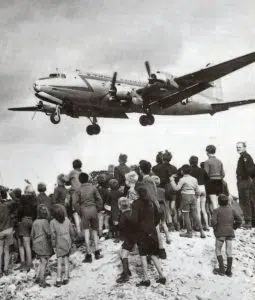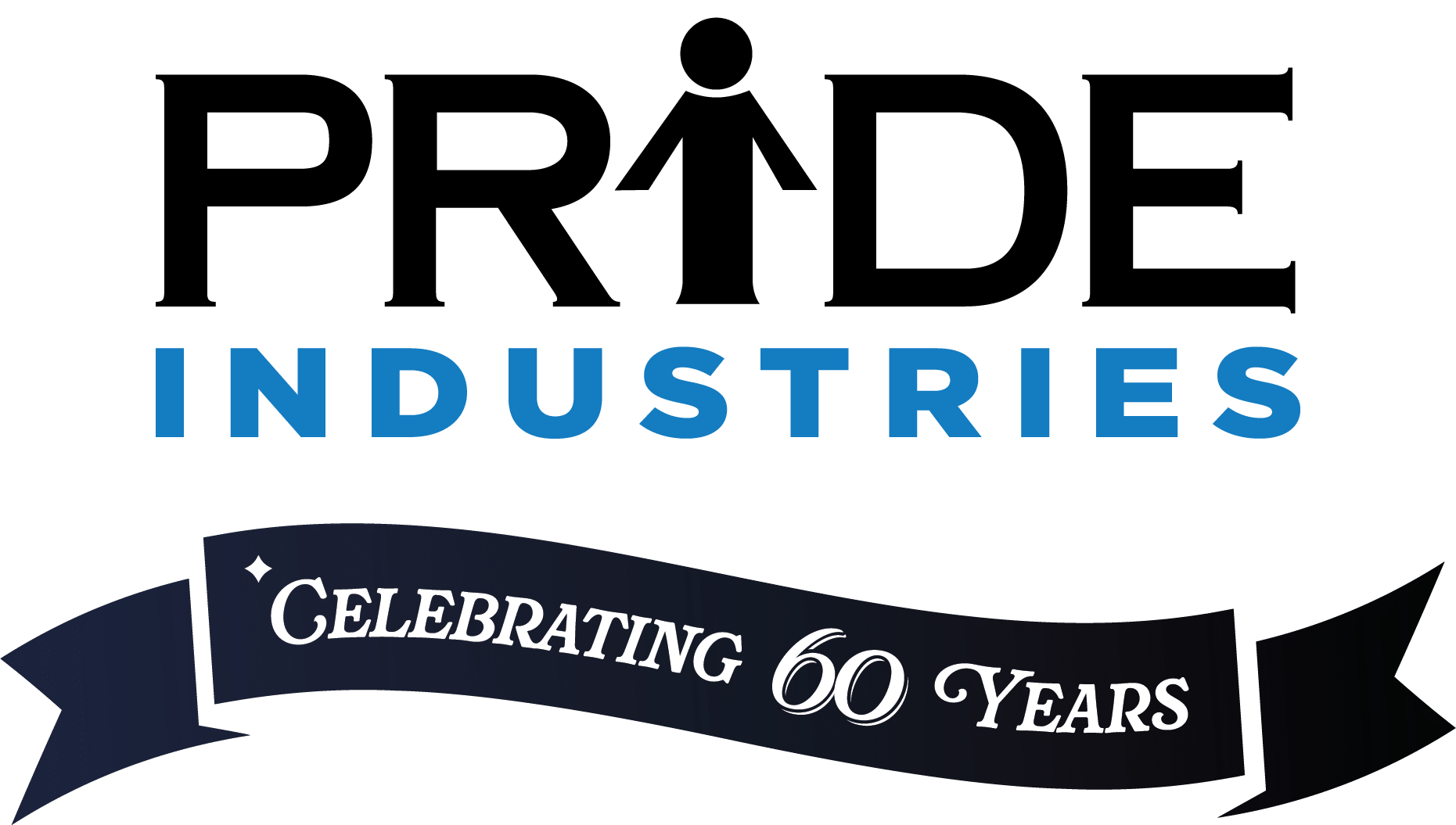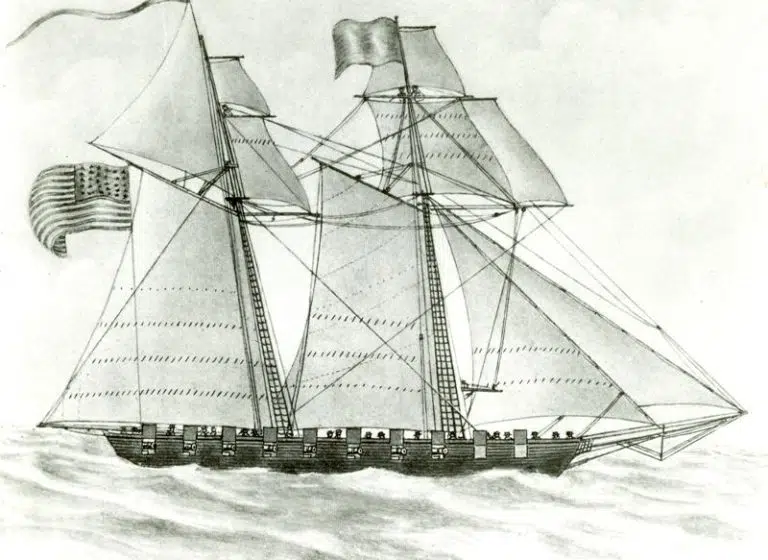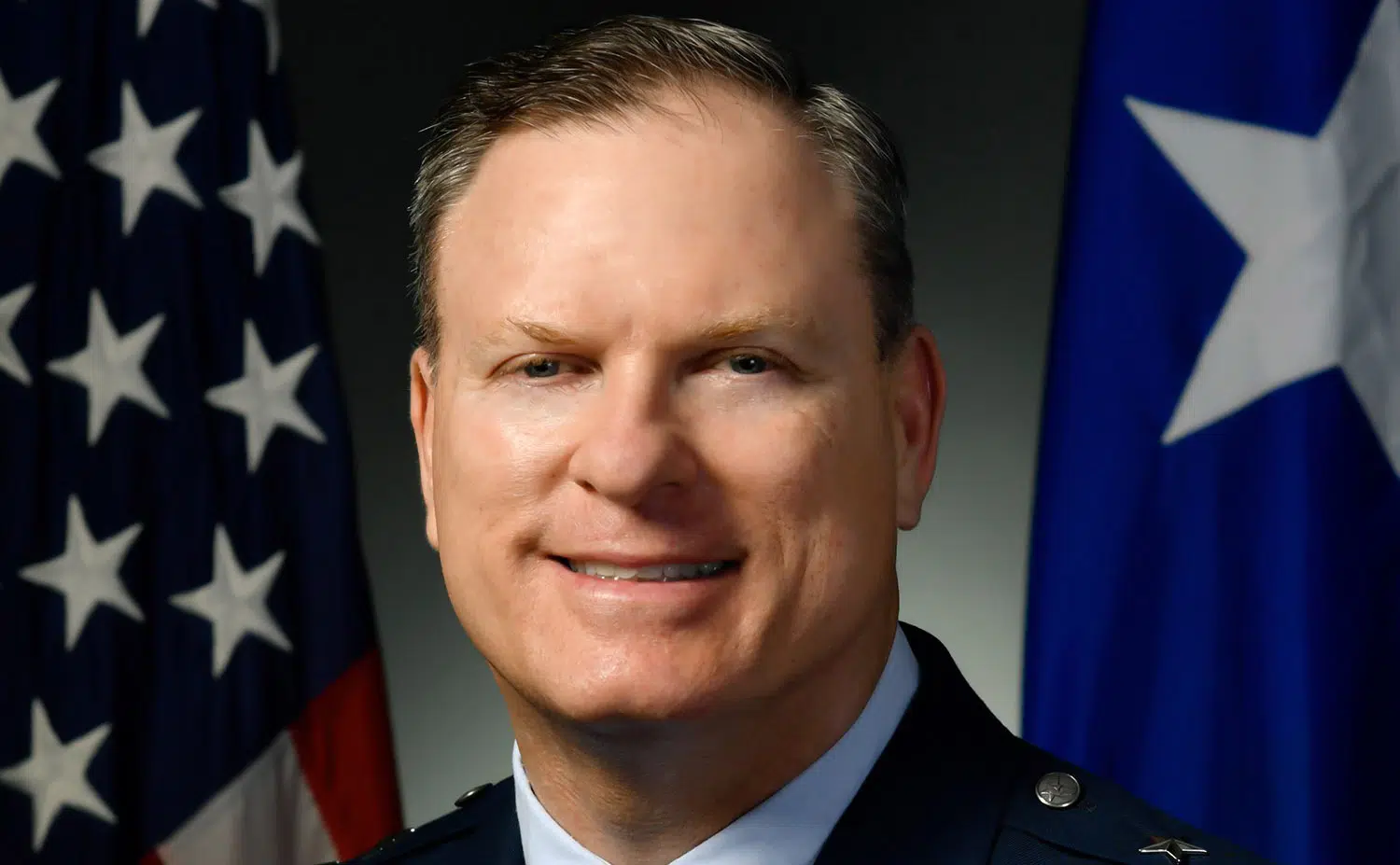On September 18, 2020, the U.S. Air Force celebrates 73 years of service, but its origins stretch back much further.
The USAF was officially formed in 1947, after World War II made it clear that the skies were a significant theater for military operations. But the foundation of the Air Force had been laid forty years earlier, in 1907, when the U.S. Army Signal Corps established an Aeronautical Division. Only four years had passed since the Wright Brothers had taken their famous flight at Kitty Hawk, North Carolina, but already it was clear that airplane technology would play a role in national security.
The Aeronautical Division was the world’s first heavier-than-air military aviation organization. It pioneered many of the systems and protocols that aviation organizations rely on today, including formal training for pilots and a rating system for pilot qualifications.
During World War I, the Aviation Section (which had replaced the Aeronautical Division in 1914), organized the country’s first aero squadrons and conducted the first U.S. military aviation operations on foreign soil. These squadrons were vital in the fight against enemy aircraft along the Western Front during the first world war.
Air squadrons proved their usefulness in World War I, but it was the second world war that made clear how crucial an air force was to national defense. During World War II, battles were fought just as readily in the air as they were on land and at sea. The skies had become a full-fledged theater of war. And to meet this threat, the U.S. expanded its aerial forces. At the height of WWII, the U.S. Army Air Force (as it was still called then) had more than 2.4 million men and women in service and nearly 80,000 aircraft. It also had nearly 800 domestic bases and operated 1,600 airfields worldwide.
As these numbers show, by 1947 the Air Force had grown into a full-fledged branch of the military, on par with the Army, the Navy, and other military branches. Its official designation as a separate military branch on September 18 of that year was a recognition of this fact.
The Air Force Today
Today the United States Air Force (USAF) is the second-largest service branch, with 320,000 active-duty airmen, 146,000 civilian personnel, 69,000 reserve airmen, and 106,000 Air National Guard airmen.
Likewise, the USAF has expanded its operations since its early days. Today’s Air Force not only conducts its own independent air operations, but also coordinates with other branches of the military to provide air support for their missions. And in addition to playing an active role in every major conflict since its inception, the USAF has been an important factor in U.S. humanitarian relief efforts.
Top photo: An Air Force F-35A Lightning II Joint Strike Fighter
One of the service’s earliest humanitarian missions took place in 1949, when the Air Force dropped 1.8 million tons of food and supplies during the Berlin Airlift, thus ensuring the continued existence of democratic West Germany. Since then, the scope of the Air Force’s humanitarian missions has broadened considerably, and includes medical, rescue, and other types of aid.
Today, the USAF regularly provides emergency medical care with its Critical Care Air Transport (CCAT) Team. The service operates several C-130 aircraft that have been fitted to operate as flying ambulances. A different set of C-130s—equipped with the latest firefighting technology—are called into action to serve as air tankers during large wildfires.
A few of the service’s humanitarian aid programs have evolved into annual traditions. In Guam and Japan, for example, Operation Christmas Drop has taken place every year since 1952. As part of this operation, airmen stationed in those locales deliver much-needed supplies to the nearby Micronesian islands. (Fun fact: These supplies often include toys and soccer balls.)
When a natural disaster strikes somewhere in the world, there’s a good chance that USAF personnel will be there to help out. This was the case when a 7.0M earthquake struck Haiti in 2010. As part of Operation Unified Response, the USAF joined other branches of the military in providing aid to the small nation. The Air Force delivered 19 million pounds of cargo, evacuated thousands of American citizens, and conducted aeromedical evacuations for 223 critically injured Haitian patients.
After the earthquake struck, more than 6,000 USAF personnel arrived to help with rescue and other operations, performing a wide range of duties. At the damaged Port-au-Prince airport, for example, a small group of Air Force personnel—led by Chief Master Sergeant Antonio Travis–used handheld radios and a card table to direct the takeoff and landing of relief planes every five minutes. Thanks to this team, 150,000 bottles of water and 75,000 packaged meals were delivered to thousands of displaced persons.
The United States Air Force has come a long way since its beginning as part of the U.S. Army Signal Corps, so much so that it has itself become the progenitor of a new branch of the military. The Air Force Space Command, established in 1982, was the forerunner of today’s United States Space Force, which was designated the eighth uniformed service on December 20, 2019.
The Air Force has changed a great deal over the past few decades, with expanded operations and additional responsibilities. No doubt the next few decades will bring even greater changes. But no matter what the future holds, the Air Force mission will surely remain what it has been since 1947: to fly, fight, and win.
PRIDE Welcomes Air Force Veterans
As with other military personnel, the training that Air Force members receive while in service makes them valuable employees once they return to civilian life. PRIDE Industries is fortunate to employ many Air Force veterans, along with dozens of veterans from other branches of the military.
To seek out these highly valued employees, PRIDE developed the Military Skills Translator, an online tool designed specifically for veterans. With the Skills Translator, veterans can easily determine which civilian jobs best correspond to the valuable experience they gained while serving our country. The Military Skills Translator has enabled PRIDE to find meaningful employment for dozens of veterans from all branches of the military.
While working at any civilian company requires a transition from military life, many of the veterans now employed by PRIDE have said that it was the company’s worthwhile mission that first appealed to them. One such person is Jack Jackman, Vice President of Contracts and a retired Lieutenant Colonel.
“During my career with the Air Force, I sought ways to support local communities, wherever I was stationed,” said Jackman. “PRIDE lets me continue that tradition.”



